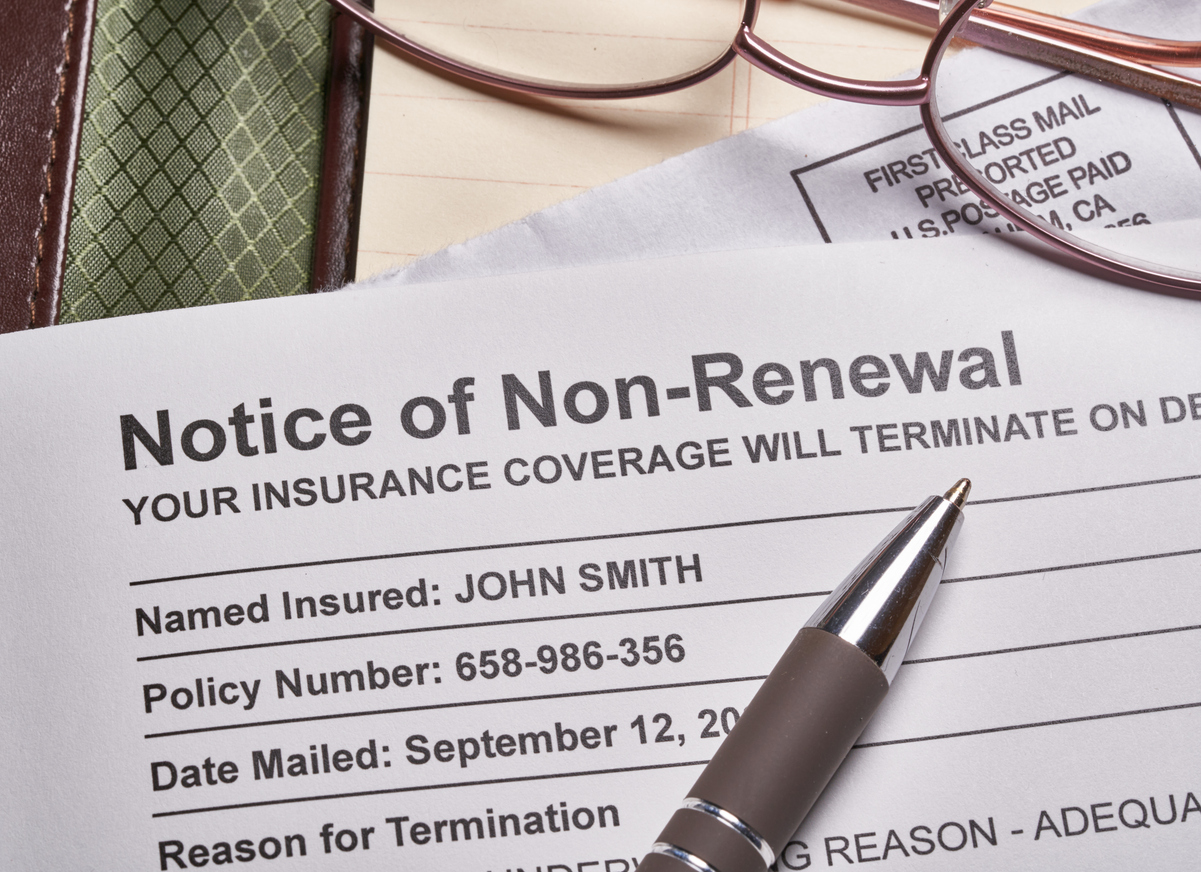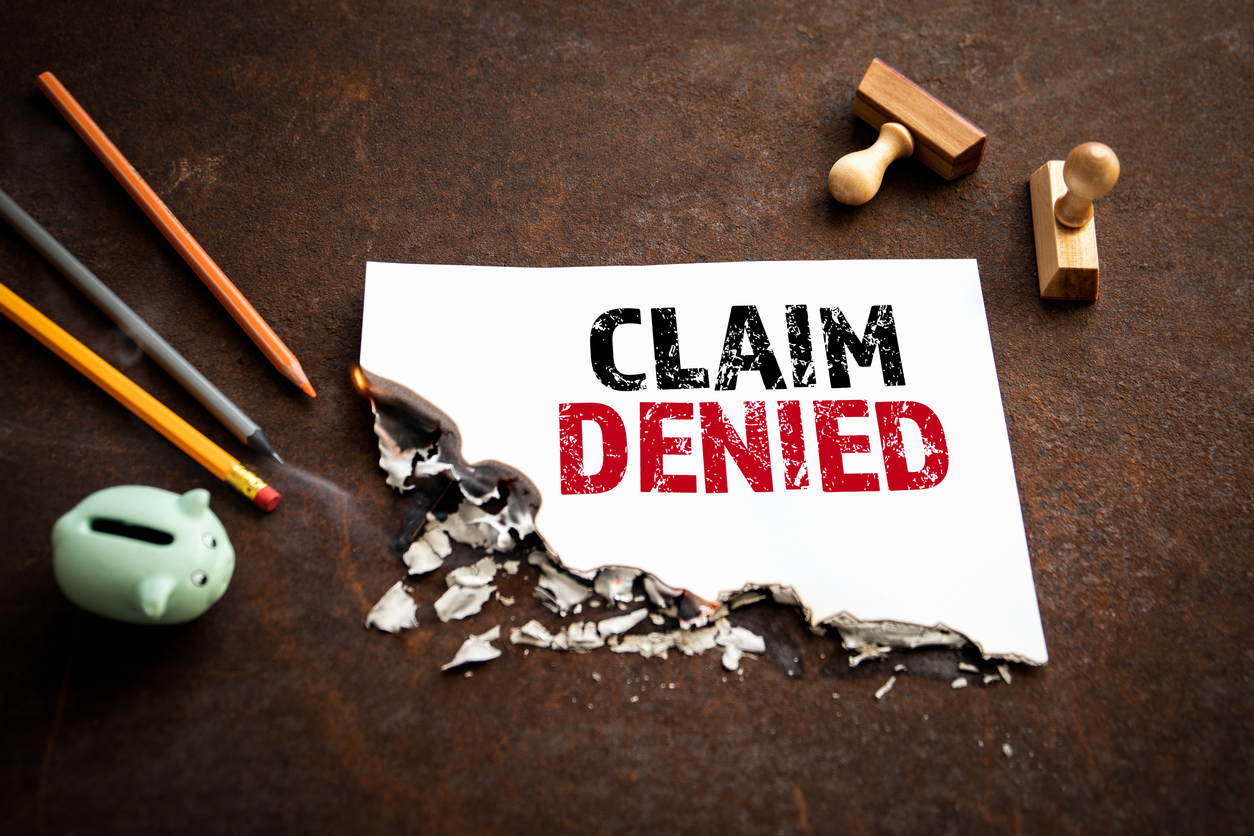California Claims Handling Requirements: A Guide
The insurance industry is complex, even for insiders; and if you’re a policyholder, it can feel bewildering to navigate the complex laws, regulations, and policies that surround insurance. The good news is that there are resources to help, and some states have strong regulations put in place to protect consumers from unfair or discriminatory practices.
California in particular has robust regulations in place to protect consumers, including the Fair Claims Settlement Practices Regulations. Read on for more details about these Regulations and how they can help protect you from unfair settlement practices.
What Are the 40 Days Fair Claims Settlement Practices Regulations in California?
The Regulations lay out a set of minimum standards for settling insurance claims in a fair, timely, and cost-efficient manner.1 The 40 days guideline is a requirement that the insurance company accept or reject your claim within 40 days of receiving your proof of claim.2 If the company needs more time to investigate, they must notify you and explain why, in writing, before those 40 days are up. They must continue to keep you informed if the investigation takes more than 40 days as well: Insurance companies are required to provide policyholders with written updates about their claim status at least every 30 days until a decision is reached.3
What Deadlines Are In The California Fair Claims Settlement Act?
The Regulations contain deadlines meant to ensure that consumers and insurance companies are able to resolve claims on insurance as promptly as possible.
- Within 15 calendar days, a California insurance carrier must acknowledge the notice of claim and provide all necessary claim forms and instructions, and they must do so in writing.
- They must also start an investigation, if one is required, within 15 days of receiving your notice of claim.4
- Within 30 calendar days, the insurance company must pay the portion of the claim that is not in dispute.5
- Within 40 calendar days, the insurance company must accept or deny your claim.
- Every 30 days, the company must update you as to the status of your claim so long as it remains open.
What Is Section 2695.7 of the California Insurance Code?
This section covers standards for fair, prompt, and equitable settlements. It prohibits the insurance company from discriminating in their claims handling based on characteristics like your age, race, gender, or zip code;6 it requires that the insurance company communicate with you about your claim promptly and in writing;7 and it prevents the insurance company from attempting to settle the claim with an unreasonably low offer.8
Other provisions of 2695.7 include:
- The investigation must be thorough, fair and objective, and the carrier must not request information not relating to the claim.9
- The carrier must immediately (but no later than 30 calendar days) pay the portion of the claim not in dispute.
- The carrier must advise as to the acceptance or rejection of the claim in whole or in part within 40 days of their receipt of the notice of the claim.
- They must give the insured updates as to the status of the claim every 30 days that it remains open.
- Any denial must be in writing and must lay out the factual and legal basis for denying the claim.10
- Insurers can’t deduct certain expenses from your deductible reimbursement unless they had to hire an outside attorney or collection agency to collect on the deductible.
2695.7 is an important section of the Regulations; in fact, we have an entire blog post exploring more about what these regulations can mean for you as a policyholder.
What Is Section 2695.1 of the California Insurance Code?
This section is a preamble which outlines the purpose of the Fair Claims Settlement Practices Regulations. California insurance companies must follow these regulations, which were created to “delineate certain minimum standards for the settlement of claims” and to “promote the good faith, prompt, efficient and equitable settlement of claims on a cost-effective basis.”
What Are the 2695.9 Regulations?
The 2695.9 regulations are the additional standards specific to first-party residential and commercial property insurance policies. They outline the parameters for repair or replacement of damaged property; highlights include that the insured must be reimbursed for the full value of the item and that the insurance company cannot force you to choose any specific person or company for repairs.
Other important provisions include:11
- If a loss requires repair or replacement, you are only responsible for your deductible. Further, if the replaced items do not match the originals “in quality, color, or size,” the insurer must make a good-faith effort to have the replacements match reasonably well.
- The insurer cannot force you to use their preferred contractor, company, or repairer, and they can’t suggest that you do so unless you specifically request it, or they inform you in writing of your options.
- The insurer has to provide you with copies of any written repair estimates that they use to make decisions about your claim. If you disagree with their estimate, and can provide another written estimate that shows the necessary repairs cost more, the company must cover the difference.
- If the company makes any adjustments to your claim that affect the amount of coverage, they must provide you with written justification for that adjustment and include it in your claim file.
Further Resources on Insurance Coverage Law
Navigating the complexities of insurance claims can feel overwhelming. Whether you’re facing unpaid claims or simply filing for the first time, our eBooks equip you with the crucial information you need to advocate for yourself with confidence.
- Filing A Property Insurance Claim
- Insurance Company Response Time
- What To Do When You Have a Denied/Underpaid Claim
- Wildfire Claims
- Flood Claims Handbook
- More Information on Hurricane Deductible and Policy Limits
- Condominium Hurricane Preparedness
Why Merlin?
Are you fighting an insurance company that won’t pay up on claims? With nearly 40 years of practice and $2 billion in recovered claims, our team stands by your side to ensure you can face any insurance challenge with confidence. Contact us today for a consultation, or read more about how we’re your trusted advocate.
1 Cal. Code Regs. Tit 10 § 2695.1.
2 Cal. Code Regs. Tit 10 § 2695.7(b)(1).
3 Cal. Code Regs. Tit 10 § 2695.7(c)(1).
4 Cal. Code Regs. Tit 10 § 2695.5(e).
5 Cal. Code Regs. Tit 10 § 2695.7(h).
6 Cal. Code Regs. Tit 10 § 2695.7(a).
7 Cal. Code Regs. Tit 10 § 2695.5(b).
8 Cal. Code Regs. Tit 10 § 2695.7(g).
9 Cal. Code Regs. Tit 10 § 2695.7(d).
10 Cal. Code Regs. Tit 10 § 2695.7(b)(1).
11 Cal. Code Regs. Tit 10 § 2695.9.




